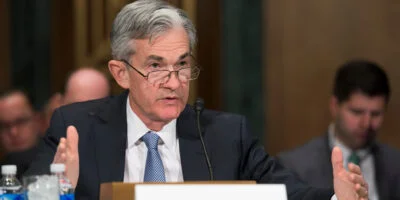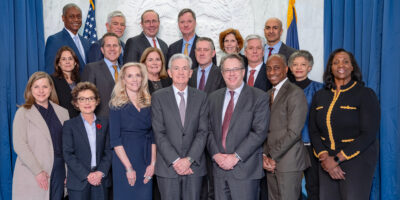Monetary Policy Rules Are Not Enough
Monetary rules for central banks are a good idea. They provide guidance and stability for monetary policy. They constrain the technocratic impulses of central bankers. And provided the rules themselves are sound, they can contribute to a healthy and stable macroeconomy. Given this, it seems puzzling that monetary rules do not occupy a more honored place in the actual practice of monetary policy. Why not?
To put it as simply as possible: monetary rules are not incentive-compatible for monetary policy makers. As implied above, the urge to tinker is strong. We get tinkering not because it is good for the economy, but rather because it is good for the economists who tinker.
The greatest potential for tinkering, as we have learned since the 2007-8 financial crisis, is not with traditional monetary policy instruments and targets. More worrying is that for the past decade, monetary policy makers have been engaging in de facto fiscal policy while calling it monetary policy. With their stated justification of protecting the global financial system, monetary policy makers have taken unprecedented steps toward directly allocating not just liquidity, but credit, to specific (and usually politically connected) financial organizations. If we judge central banks based on a traditional monetary policy metric, say an inflation target, it seems that the post-crisis performance of various national economies is a point in central bankers’ favor. But this is missing the forest for the trees. The problem is that monetary policy makers, just like anybody wielding power, cannot be trusted to do what is best for the public on their own. The case for rules remains strong. But it is precisely because the case for rules is strong that the taste for rules is distinctly lacking, especially among those who would be bound by those rules.
Even when monetary rules are in place — consider the European Central Bank’s explicit and formal commitment to 2 percent inflation — these rules do not enforce themselves. A monetary rule, or even better, a monetary constitution, can only bind if someone is willing to punish central bankers for their finagling. Who is willing and able to do this? Unfortunately, the answer seems to be “not many.” The most promising possibility is elected officials, but they are generally not experts in macroeconomics, and so they would have a hard time calling central bankers’ bluffs. Furthermore, politicians’ incentives are scarcely better than central bankers’. In terms of information and incentives, it is very hard to come up with a way to discipline monetary policy makers.
What we have here is the old nemesis of constitutionalism: the quis custodiet? problem. The ghost of Juvenal (and James Madison, for that matter) haunts all political activity, which includes the deceptively mild and expert-dominated field of monetary policy. To be frank, we do not have a promising solution. The more politically feasible ones (explicit monetary rules) are toothless, which is why they are politically feasible. The ones with bite (ending the Fed, say) are politically infeasible because the bite is painful.
When viewed this way, the prospects for lawful money are grim.











